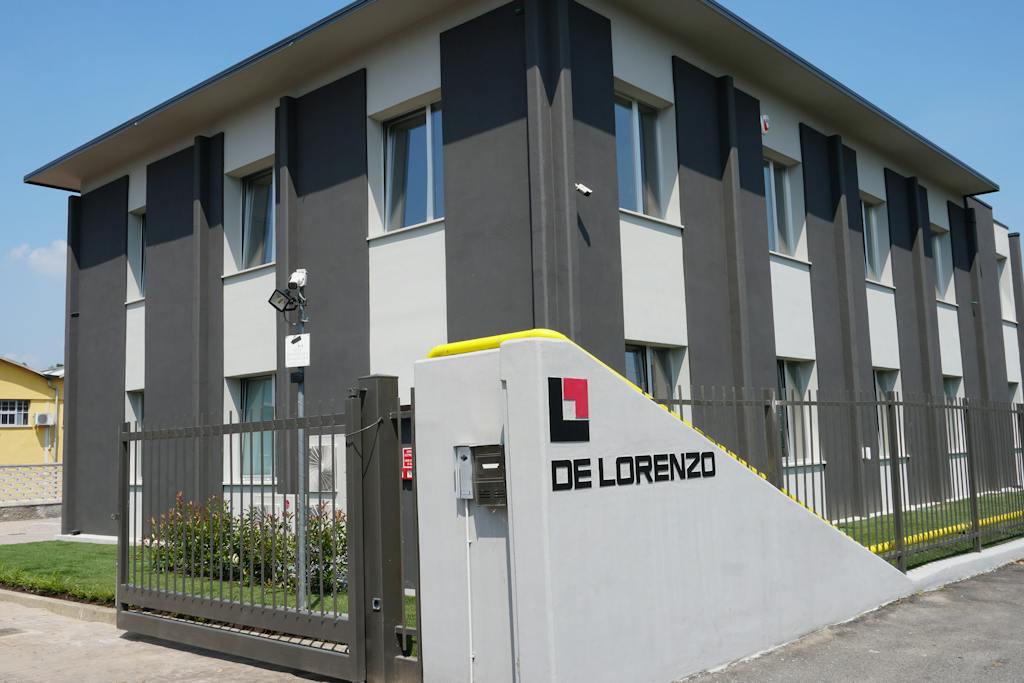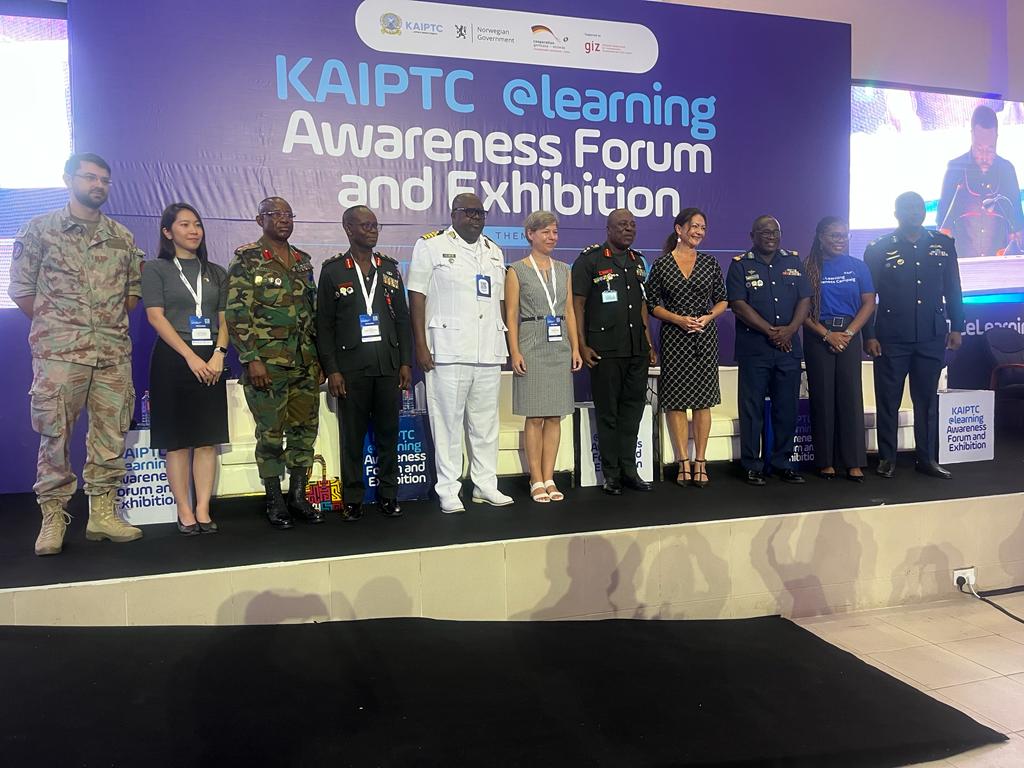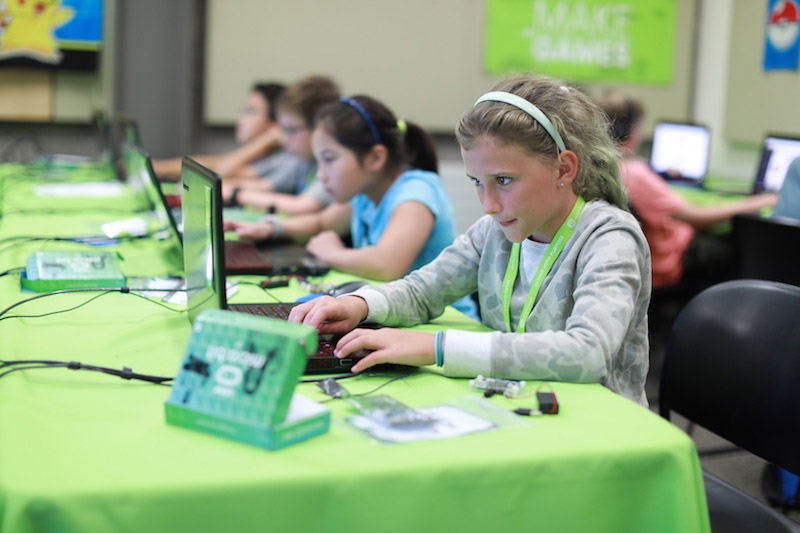The National Information Technology Development Agency (NITDA) has received a substantial donation from De Lorenzo SpA, an industry-leading Italian firm that focuses on didactic equipment for technical and vocational training in the areas of Robotics, Machine Automation, Process Control, and Factory Automation.
A thousand (1000) E-Learning Solutions developed by De Lorenzo will be donated to NITDA, according to a formal attestation of the donation signed by Mr. Luciano Prosperi, President of De Lorenzo SpA.
Aiming to create jobs for the country’s youth, this substantial donation will support President Bola Ahmed Tinubu’s continuing initiatives to improve their technical and vocational skills.
Read also: KAIPTC launches e-learning awareness campaign
What the program offers
Robotics, AI, Machine Automation, Process Control, and Factory Automation are all part of E-Learning Solutions’ extensive toolkit of educational resources.
These intentionally made materials show how dedicated De Lorenzo is to helping people acquire skills that are important in the modern workplace.
By partnering with NITDA, De Lorenzo SpA is showing that it is prepared to do more than just give money; it is also committed to helping students acquire the skills that employers are looking for in today’s workforce.
Learners will have access to state-of-the-art resources that meet industry standards thanks to De Lorenzo SpA’s commitment to providing continuous support through the supply of purpose-built didactic equipment.
NITDA, which plays a significant role in promoting digital literacy and information technology in the nation, was pleased by this substantial gift from De Lorenzo.
The agency acknowledges the importance of these partnerships in influencing educational policy and equipping young people with employable skills.
Efforts are being made to strategically use the donated e-learning solutions by innovation hubs, learning centres, Technology Development zones, and higher education institutions. These initiatives aim to improve engagement, active learning, visualisation of abstract concepts, personalisation of learning experiences, accessibility of learning, and the creation of jobs and durable digital economies.
The commitment to innovation, youth empowerment, and contributing to the nation’s socio-economic development is reflected in this strategic alliance between De Lorenzo SpA and NITDA.
This gift has the potential to change the lives of innumerable people by funding their higher education and opening doors to better career opportunities in a variety of fields.
What De Lorenzo offers
When it comes to didactic tools for technical and vocational education, De Lorenzo S.p.A. is your go-to source. From mechatronics and power engineering to solutions pertinent to the fourth industrial revolution (Industry4.0) and all other cutting-edge technologies, De Lorenzo offers educational solutions in every area of electrical and electronics.
In order to help students and learners gain useful technical and practical skills, as well as to make teachers’ jobs easier, all of De Lorenzo’s solutions focus on turning theoretical knowledge into practical experience.
Since its founding in 1951, De Lorenzo has been dedicated to producing and offering professional services that are of the highest quality in the field of instructional equipment. When it comes to engineering, technical, and professional training, the organization is the ideal partner due to its extensive worldwide experience in more than 140 countries, where it has collaborate directly with various educational institutions.
The training gear from De Lorenzo is made in Italy to the strictest standards of quality and safety. De Lorenzo remains relevant in the technical and vocational training sector thanks to its dedicated team of engineers and educational practitioners, who constantly invest in Research and Development (R&D). Accessible, Green, and Equal (AGE) is a concept that guides De Lorenzo’s approach to every project.
The proposed solutions ought to be eco-friendly, easily accessible, and inclusive of all students. We take great pride in our after-sale services, which include shipping, installation, certified training, and ongoing customer support, in addition to our production and supply of training equipment. De Lorenzo is now able to provide both turnkey and fully customised projects as a result of all of this.


